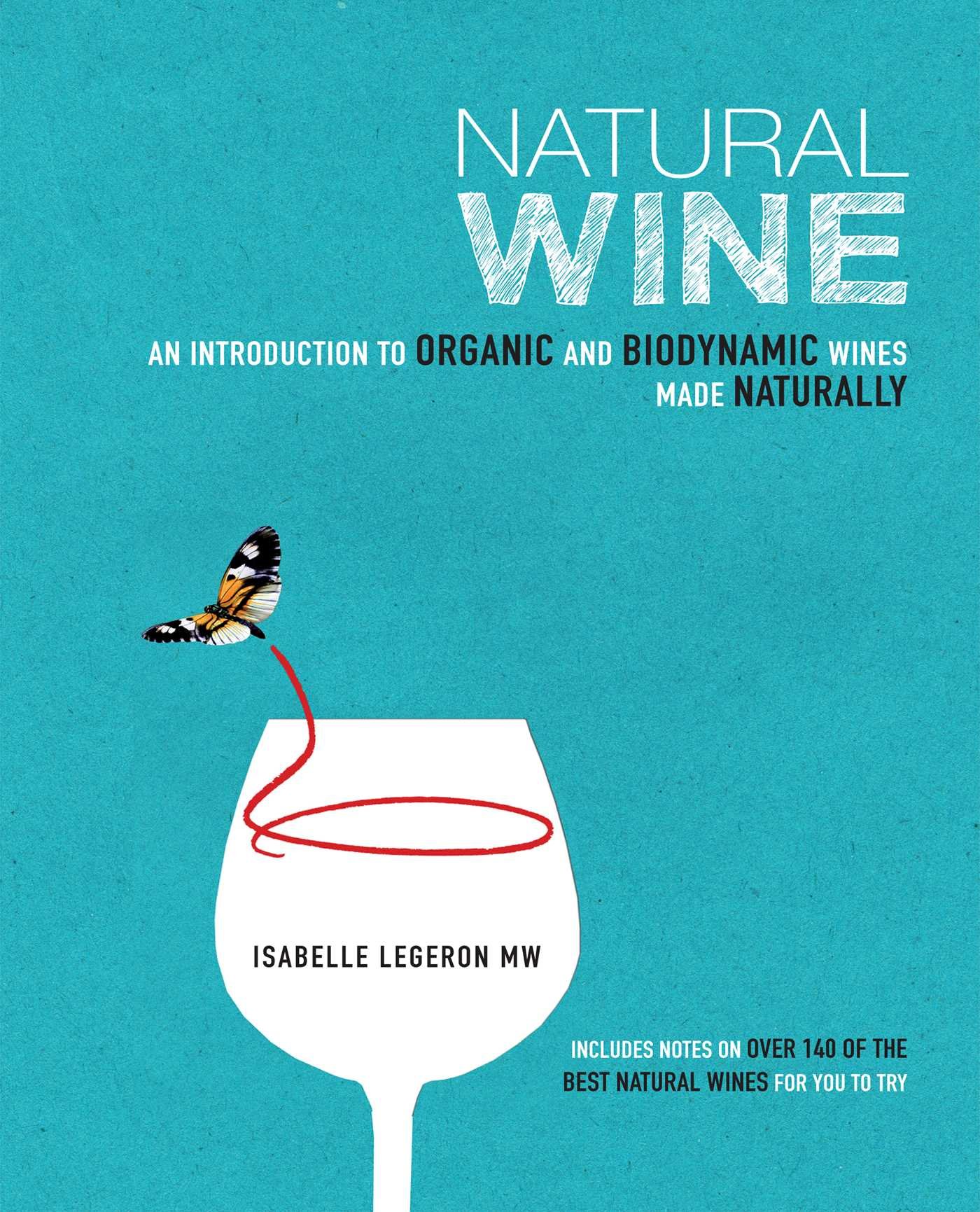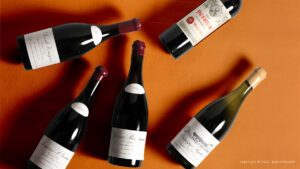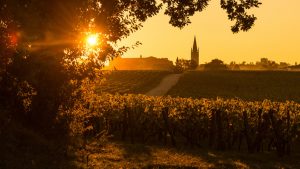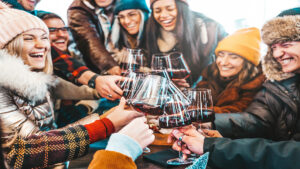 Today “natural” wines are moving things and divide connoisseurs. Yet, these wines have their share of mystery. What is basically a natural wine? Isabelle Legeron’s approach is, in this respect, very interesting. This Master of Wine went in the domains, in the fields to lead the investigation: in the light of her tastings and meetings in the French vineyard and around the world, she reports in this book her journey and provides an independent and convinced perspective.
Today “natural” wines are moving things and divide connoisseurs. Yet, these wines have their share of mystery. What is basically a natural wine? Isabelle Legeron’s approach is, in this respect, very interesting. This Master of Wine went in the domains, in the fields to lead the investigation: in the light of her tastings and meetings in the French vineyard and around the world, she reports in this book her journey and provides an independent and convinced perspective.
Master of Wine Isabelle Legeron is above all a natural wine lover. That’s why she wanted to learn more. She therefore led the investigation, which resulted in the book Natural Wine: An introduction to organic and biodynamic wines made naturally published at Ryland Peters & small, Cico Books.
An informative book
The initial idea is the following “Bonum vinum laetificat cor hominis” (good wine gladdens a person’s heart). “Good” meaning both healthy and tasty. Implicitly, this book identifies wines that meet both adjectives. Thus, it is not surprising that Isabelle Legeron mentions Domaine de la Romanée-Conti. The goal is to avoid environmentalist activism, sometimes simplistic and reductive, to understand how natural wine is produced. Without sulphites for sure, but why? The key idea is that adding chemicals, such as yeasts and sulphite, to raw wine is likely to alter the taste of the wine. Rather than a natural wine making “process”, we understand, through this book, that there is a common spirit and vision of the world to these winemakers, and this despite an institutional framework. The philosophy developed by natural wine makers is simply returning to the roots. References range from Pliny the Elder, Natural History, to Claude and Lydia Bourguignon, Le sol, la terre et les champs (The soil, the land and the fields).
First, we need to challenge pre-conceived ideas, the most common one being that natural wine is unstable and therefore has no ageing potential. Indeed, today, we can open, without fear, a Morgon 1990 from Jean Foillard. Prejudices have a hard life, to the point where many winegrowers don’t mention on the label that it is a natural wine, to prevent frightening customers. The natural method is sometime seen like negligence; so many amateurs avoid natural wines. Whereas when you listen to Pierre Overnoy, you understand how much natural winemaking requires constant attention.
Stories, portraits, meetings
In the 1950s, the era was to phytosanitary products. Across time, people started realising that the impoverishment of soils and vines was triggered by these products. The genesis of the natural wines movement goes back to the scientific studies of winemaker and agronomist Jules Chauvet. The latter paved the way to a generation of winegrowers. The first vineyards to have taken the plunge are Beaujolais and Burgundy, like Marcel Lapierre and Jacques Néauport. Then, at a very slow pace, other winegrowers followed, especially in Jura, the Loire and Champagne, in small producing domains that are today, among others, pioneers of their appellation: Pierre Overnoy and his successor Emmanuel Houillon at the Houillon-Overnoy domain (Arbois-Pupillin), Nicolas Joly at Coulée de Serrant in Savennières, Jacques Selosse in Avize, at Domaine de Trévallon in Provence. The philosophy of these winemakers is based on respecting nature. Many of them are also beekeepers, hunters, farmers and have a relationship to nature far beyond viticulture.
A tribute to the brave
In a tense political context where winegrowers are sometimes forced to give up their appellation, such as Alexandre Bain, some choose whatever it takes, this alternative route away from European instructions and label diktats. Producing natural wines is undoubtedly risky, but their loyalty pushes them to commit to nature, which can sometimes be cruel. Indeed, it is more difficult for a natural winegrower to produce qualitative wines: “To make a great wine is to know how to flirt with the faults of wine”. This philosophy implies a humble and bold approach that is much appreciated by alternative critic, like the French wine magazine Le Rouge et le Blanc.
We warmly thank Isabelle Legeron for this interesting investigation book!
Natural Wine: An introduction to organic and biodynamic wines made naturally published at Ryland Peters & small, Cico Books £16.99 $24.95
See our selection of natural wines on iDealwine:
ALSACE
BEAUJOLAIS
Domaine Jean-Claude Lapalu
Domaine Joseph Chamonard
BOURGOGNE
CHAMPAGNE
Benoit Lahaye
JURA
Domaine Houillon
LANGUEDOC
LOIRE
Dutubeouf
Domaine de la Coulée de Serrant
PROVENCE
RHÔNE
SAVOIE
See all wines currently for sale
Register here to access auctions and fixed-price sales
Receive a free estimate of your cellar
Read further on iDealwine Le Blog:



